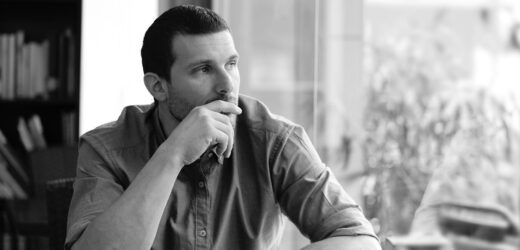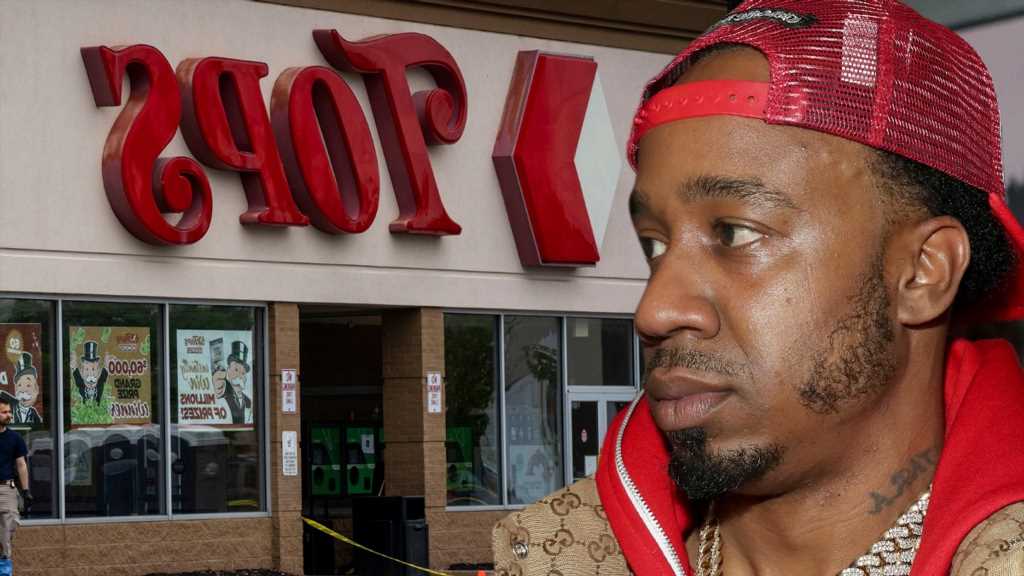Opinions expressed are solely those of the author and do not reflect the views of Rolling Stone editors or publishers.
A couple of celebrities have been in the news recently, and not for the reasons they were likely hoping for. We all know of the “slap heard around the world” by Will Smith at the 2022 Oscars and the recent plane rage incident with Mike Tyson. I am not here to judge either one of them, but I do think we can learn some valuable lessons from both events.
We Are In Control of Our Reactions
How we choose to react to a triggering event determines the outcome. We have a choice at that moment to either react emotionally or rationally. As Dale Carnegie said, “When dealing with people, remember you are not dealing with creatures of logic, but with creatures of emotion.” Many of life’s moments call for emotion: watching your daughter walk down the aisle at her wedding, or seeing your child’s face when they get into the university of their dreams. It is totally appropriate to react emotionally in these types of situations.
Related Stories
Lamb of God Detail New Album 'Omen,' Plot Massive North American Tour
'We Need to Make the Lost Lives Matter': Matthew McConaughey Calls for Gun Responsibility — Not Control — in Open Letter
Related Stories

How Guns N' Roses Formed
RS Recommends: 5 Devices You Need to Set Up Your Smart Home
Other times, you may initially feel emotional but quickly realize that a rational reaction is the best way to respond. The ability to differentiate those situations and react accordingly is the key to being an effective communicator and leader. Avoiding confrontation by taking a step back and breathing is an effective strategy — but it doesn’t come naturally to most people. It is a skill that needs to be worked on regularly. Communication is a two-way street though, so even when you react appropriately, the other person may still react emotionally.
Five Ways to Recover From a Big Mistake
Based on my experience, here are a few ways you can recover from a major misstep in business or life in general:
• Acknowledge it. If you make a mistake and react in a way that is uncharacteristic or negative, the most important thing is to acknowledge it. Take responsibility for your actions. Passing blame around is not helpful, and the people around you will notice. We have a “no-blame culture” at my company so that employees don’t worry about getting fired or blamed if they mess up. This also makes them less likely to try to cover up their mistakes.
• Apologize. This is pretty straightforward, but the key is the authenticity of your apology. To be authentic, you really have to be sorry and apologize very soon after the mistake so that people still see the link between the mistake and the apology.
The Rolling Stone Culture Council is an invitation-only community for Influencers, Innovators and Creatives. Do I qualify?
• Learn from it. If you find a mistake in your business, use it as a learning opportunity. Go in and build a new system and process around the mistake so that it doesn’t happen again. That turns a negative into a positive. You might save thousands of dollars in the future by learning from your mistakes now. As Henry Ford is often credited with saying, “The only real mistake is the one from which we learn nothing.”
• Contemplate it. Try to figure out what your triggers are and why you reacted the way you did. This involves a deeper understanding of yourself so that you can avoid making the same mistake again.
• Move on. Once you’ve accepted responsibility, apologized, reflected and learned from your mistake, it’s time to move on. Let it go so that the negative energy dissipates and you can move forward with positivity. Keep in mind that most people are quick to forgive and have short memories.
In his 2011 UPenn commencement speech, Oscar-winning actor and director Denzel Washington discusses the connected relationship between success and failure, explaining that we can reframe failure as an integral step to success—thus falling forward. (I recommend this related RSCC article, “Don’t Let Past Mistakes Hold You Back From Future Successes.”)
Inevitably, you will make mistakes or react emotionally to something that triggers you. Hopefully, you’re not on a global stage or being videoed and broadcast on social media. As we have seen, even famous celebrities and the best business leaders experience failure. People who fiercely pursue their passions take more risks and, therefore, have a higher likelihood of making mistakes. If we take the lessons we learned from our failures and use them to grow, we are redefining failure as a step to success.
Source: Read Full Article


